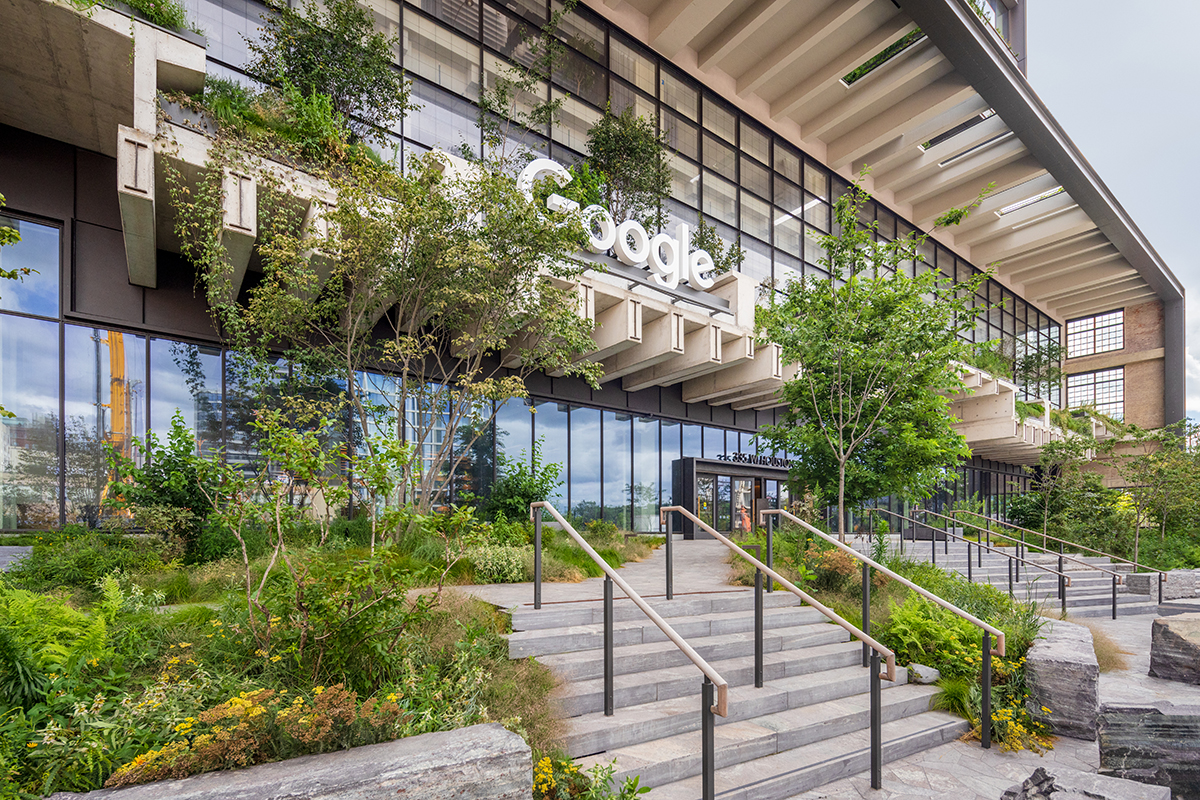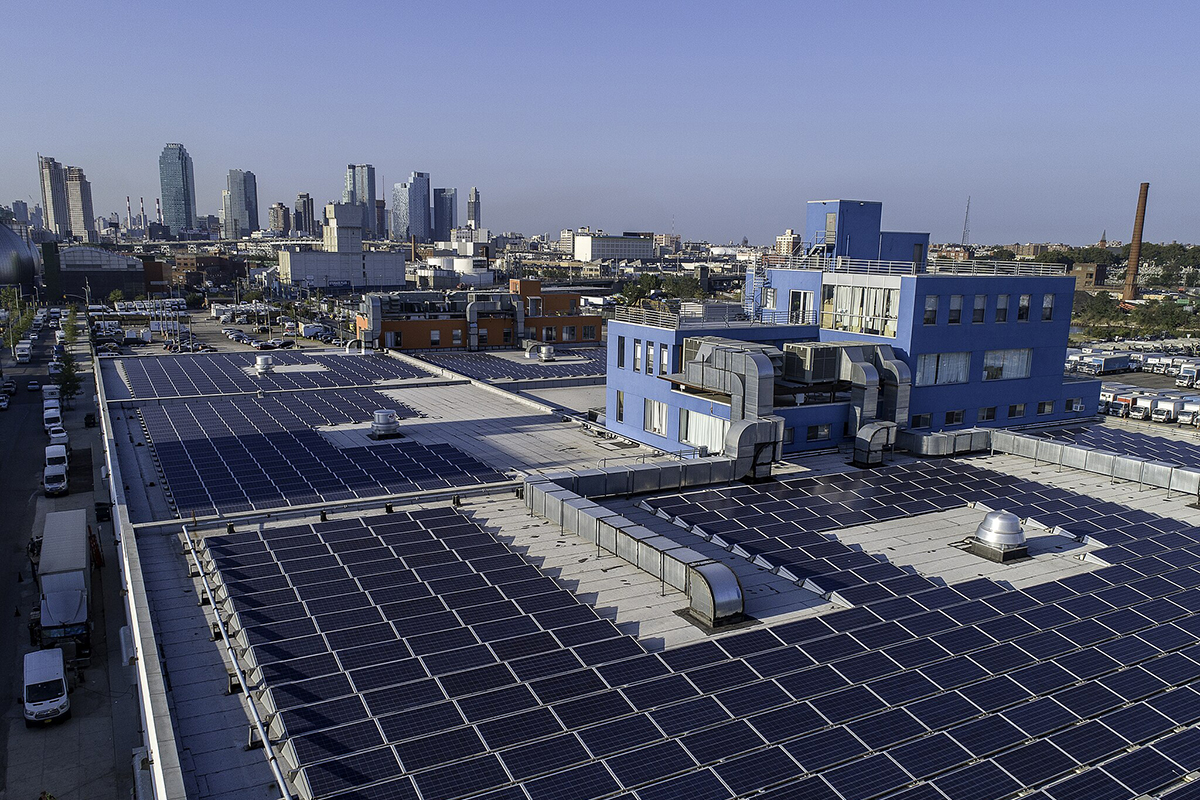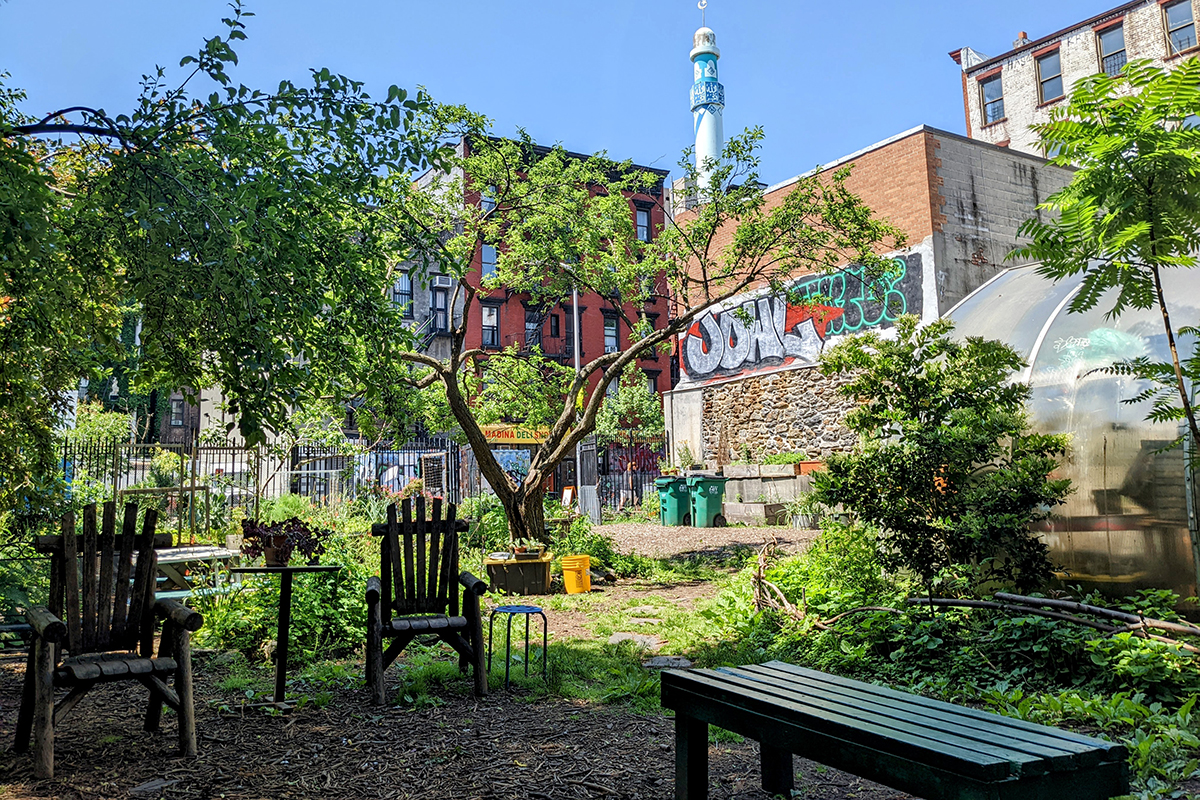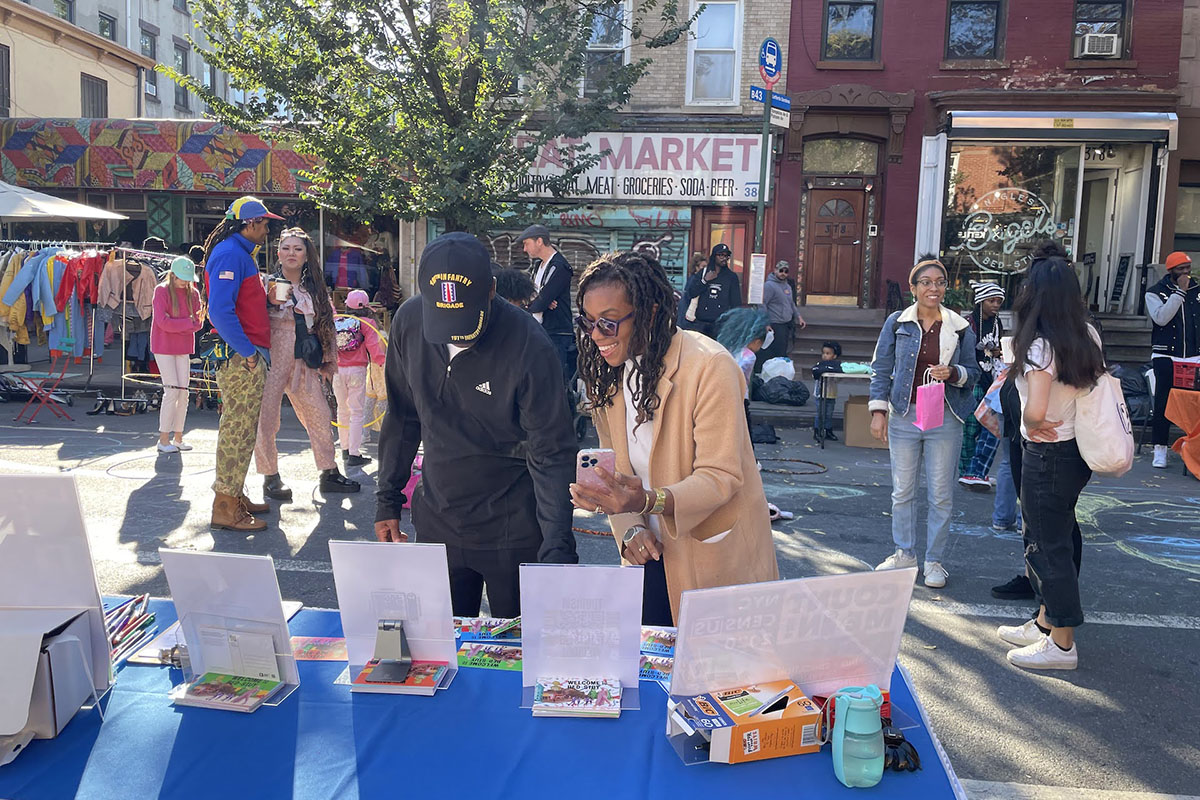Events
Upcoming
09.10.24
Join us for a tour of Google’s new campus at St. John’s Terminal with Rick Cook, Carlos M. Martinez Flórez and David Seiter.
Read More
Past
07.17.24
The Forum is celebrating another successful year of programming and marking the 400th anniversary of New York City’s founding with our annual Action Dinner.
07.10.24
Join us for a roundtable discussion on building clean energy in our neighborhoods with Ben Kleinbaum, Gita Nandan, Trevor Reynolds, Youngjin Song and Anika Wistar-Jones.
06.27.24
On June 27, candidates interested in the Forefront Fellowship are welcome to attend an information session to learn more about the program.
06.13.24
Join the 2023-2024 Forefront Fellows to explore new projects that center youth in co-creating liberatory spaces.
06.05.24
Join us for a roundtable discussion on biodiversity as a foundation for good neighborhood design with K.C. Alvey, Myles Davis, Zenobia Meckley, John Pavacic and Alejandro Vazquez.






